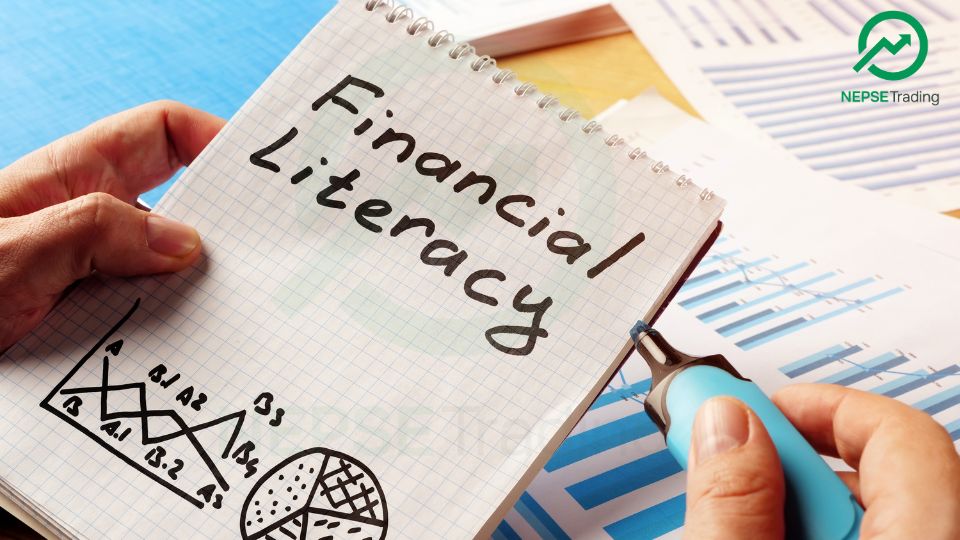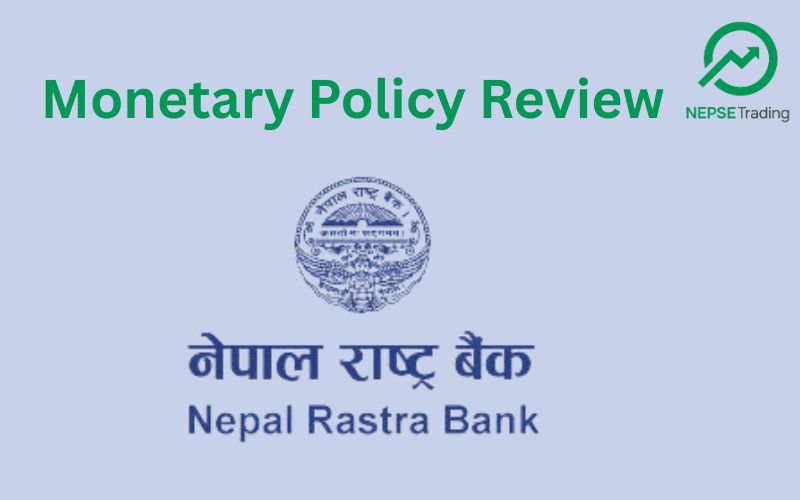By Dipesh Ghimire
Why Every Investor Must Stay Informed — Lessons from a Financial Literacy Workshop

In a recent financial literacy training session, a participant raised a thought-provoking question that resonates with many long-term investors: "I am a long-term investor. Once I purchase a stock, I hold it for at least five years. I don’t actively trade or switch companies often like traders do. So why should I frequently check financial news or company updates?"
This question opened the floor for a broader discussion. Before the session had officially begun, another participant had informally shared with the trainer that he had once lost NPR 100,000 because he was unaware of a rights offering by an insurance company. As a result, he missed the application window. "Maybe the stock market isn’t for me," he said, expressing his frustration over the incident.
To address both concerns, the trainer posed a counter-question to the class: "Should long-term investors completely ignore company updates and market information?" He then asked, “How many of you have missed applying for rights shares simply because you were unaware?” Several hands went up, including the participant who had previously shared his story.
The trainer directed attention back to the original questioner: “Imagine if the company you invested in announced a rights offering during your holding period and you failed to apply because you weren’t monitoring updates. Wouldn’t you be missing out on profits or reducing your stake unintentionally?” The participant quietly nodded and admitted that he now understood the importance of staying informed.
This interaction underscored a critical principle: information is essential for every investor — not just short-term traders, but also long-term holders, large institutions, and small individual investors. Staying informed should never be treated as optional.
Financial markets are dynamic. Corporate actions such as rights issues, dividends, mergers, changes in leadership, or financial restructurings can all significantly impact a company’s stock performance. Missing any of these updates can lead to real financial loss, even if one doesn’t actively trade.
There are several compelling reasons why investors must remain updated. First, information is the foundation for rational decision-making. It helps investors avoid speculation and instead rely on facts and analysis. Second, staying informed ensures that investors don’t miss out on opportunities such as IPOs or rights issues. It also allows them to compare companies and sectors for better portfolio diversification.
Additionally, market information helps reduce risk. Investors can prepare in advance for volatility, policy changes, or sectoral downturns. It also protects them from falling into traps such as rumors, misinformation, or manipulative news intended to sway public sentiment — a common issue known as “media trapping.”
Moreover, understanding a company’s financial health, dividend history, and earnings trends is crucial for making long-term projections. Similarly, tracking macroeconomic indicators like monetary policy, fiscal direction, political stability, and regulatory developments gives context to investment decisions.
In summary, access to accurate and timely information is a non-negotiable requirement for all investors. A lack of awareness can result in missed opportunities or even capital loss. As the trainer concluded, “If you’re not willing to change your habits, you must be prepared to endure the consequences.”
Therefore, every investor — beginner or experienced, short-term or long-term — must commit to staying informed. It’s not just a good practice; it’s the safeguard of your financial future.









